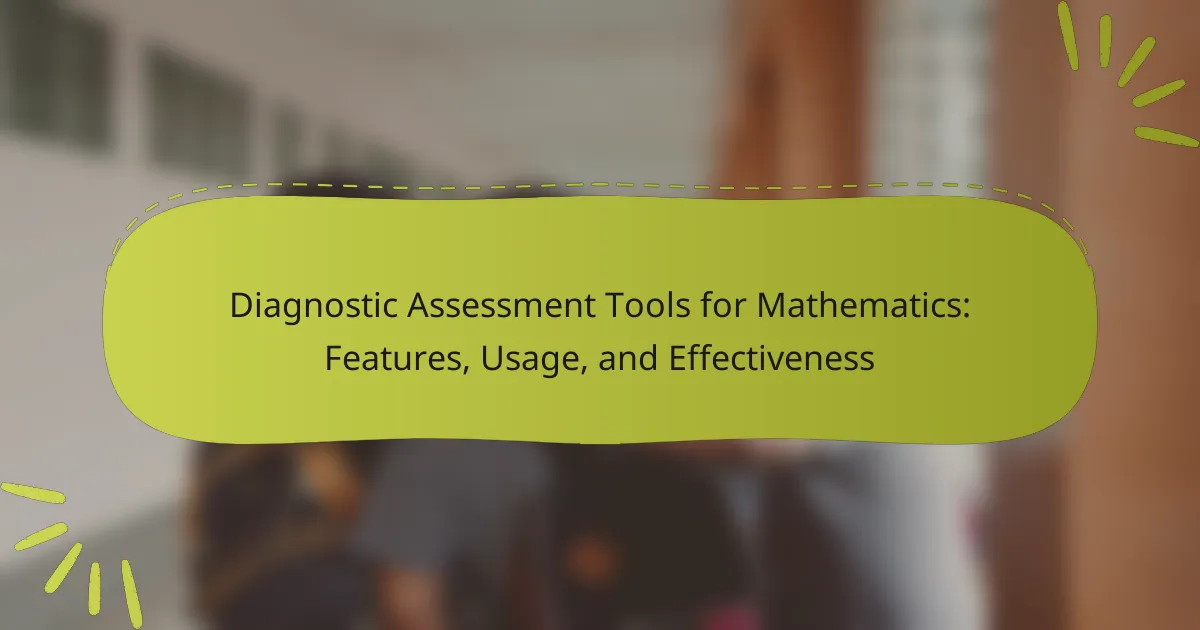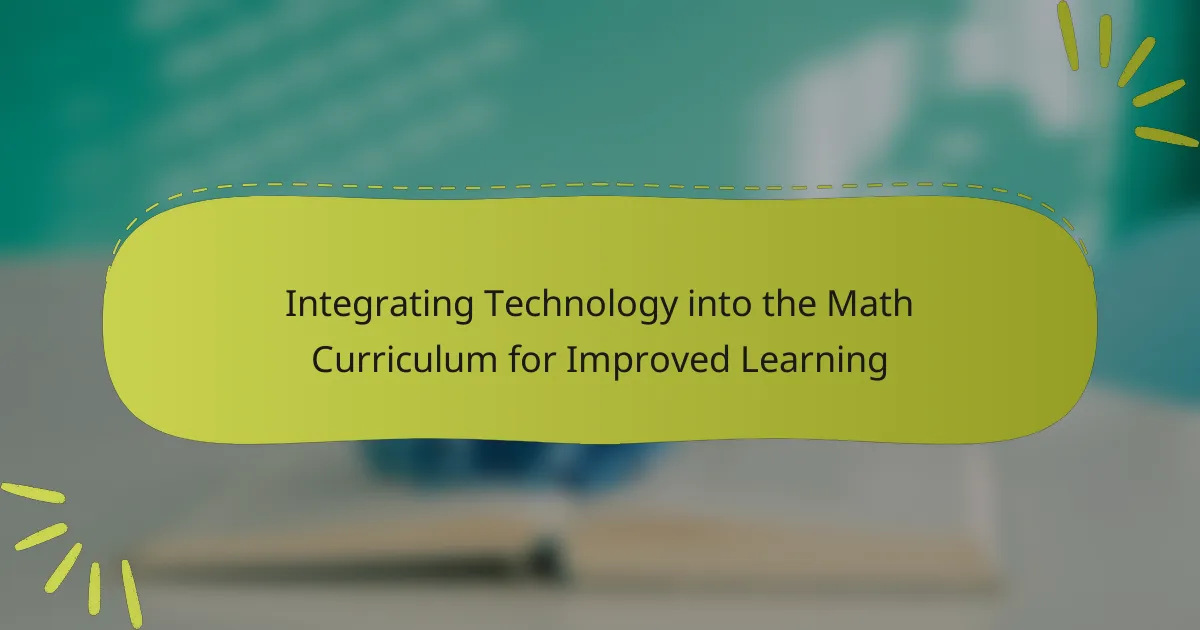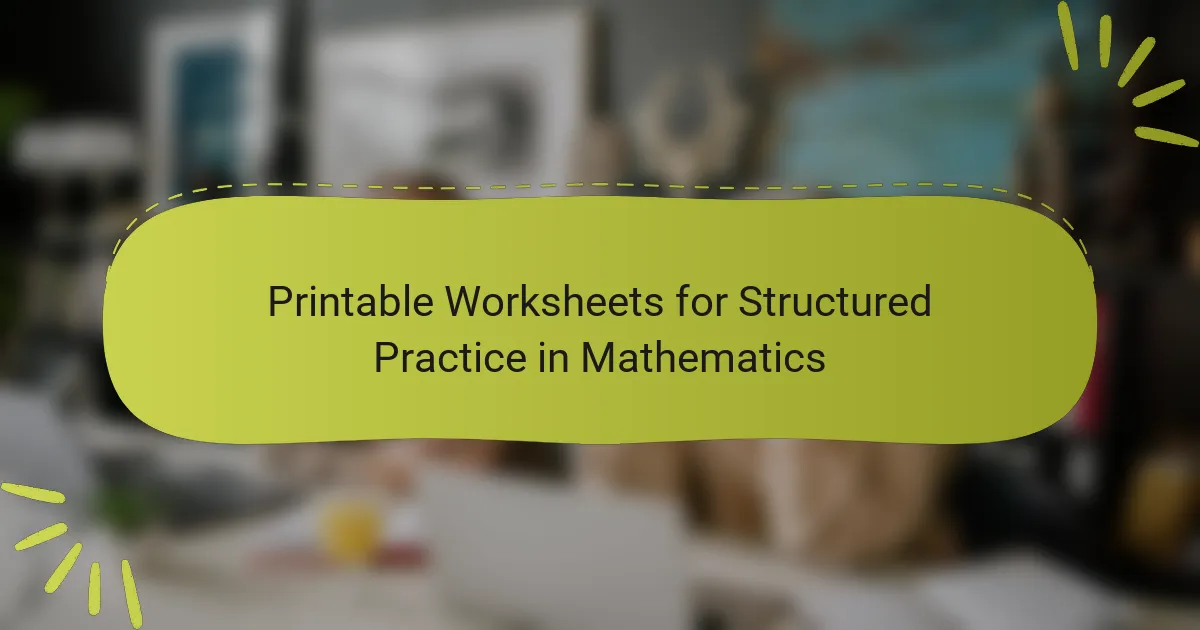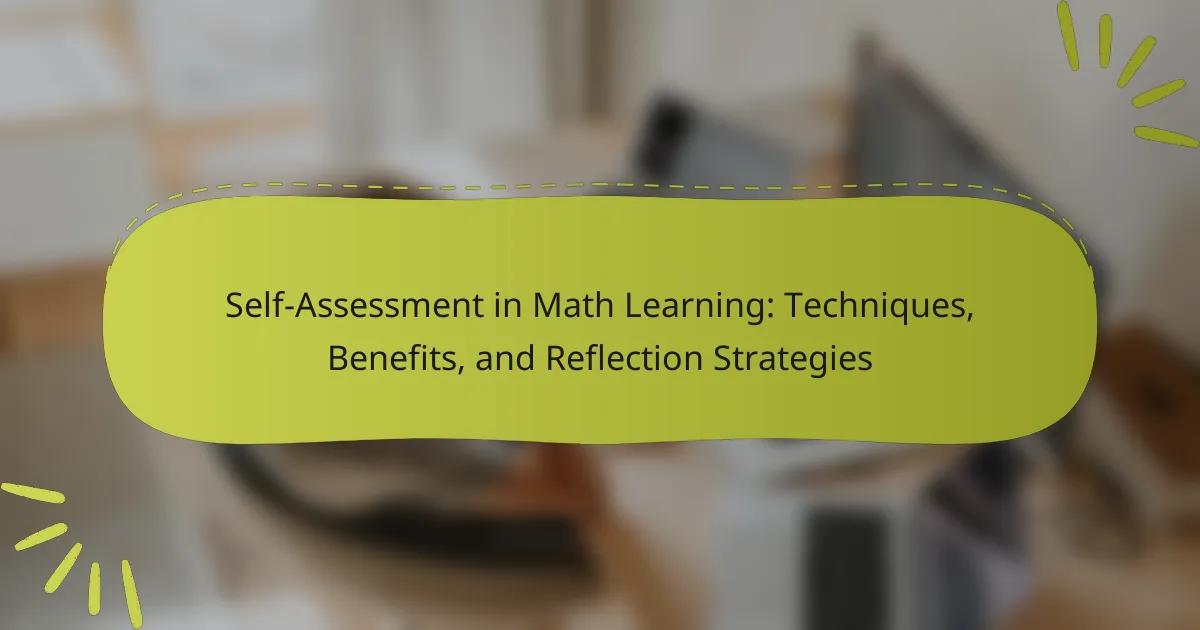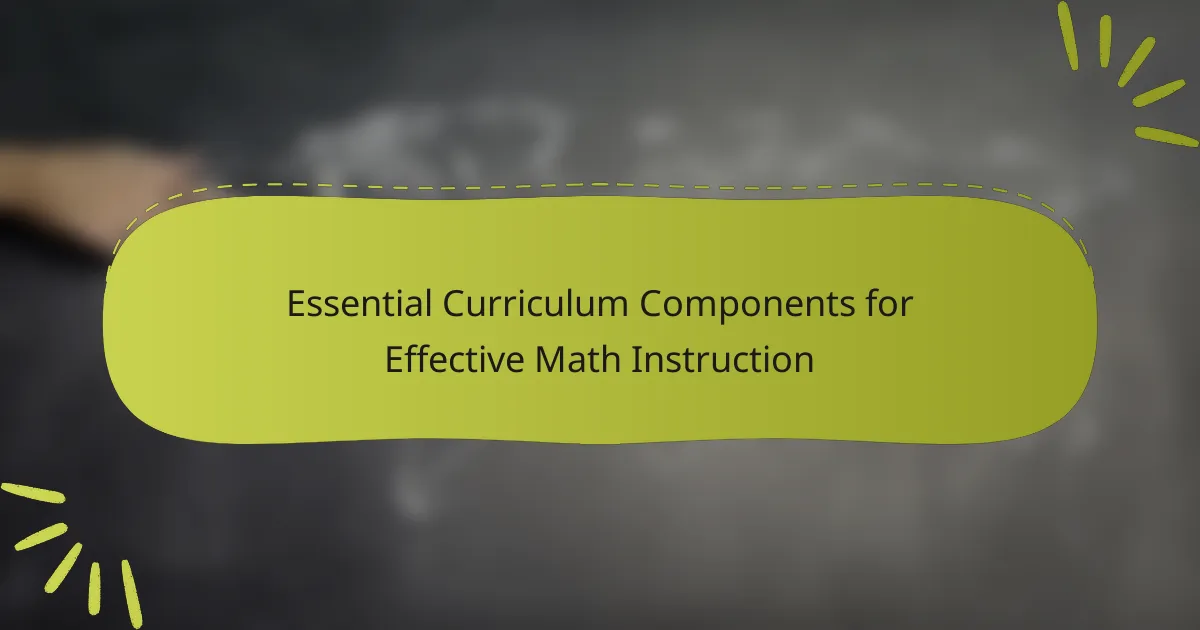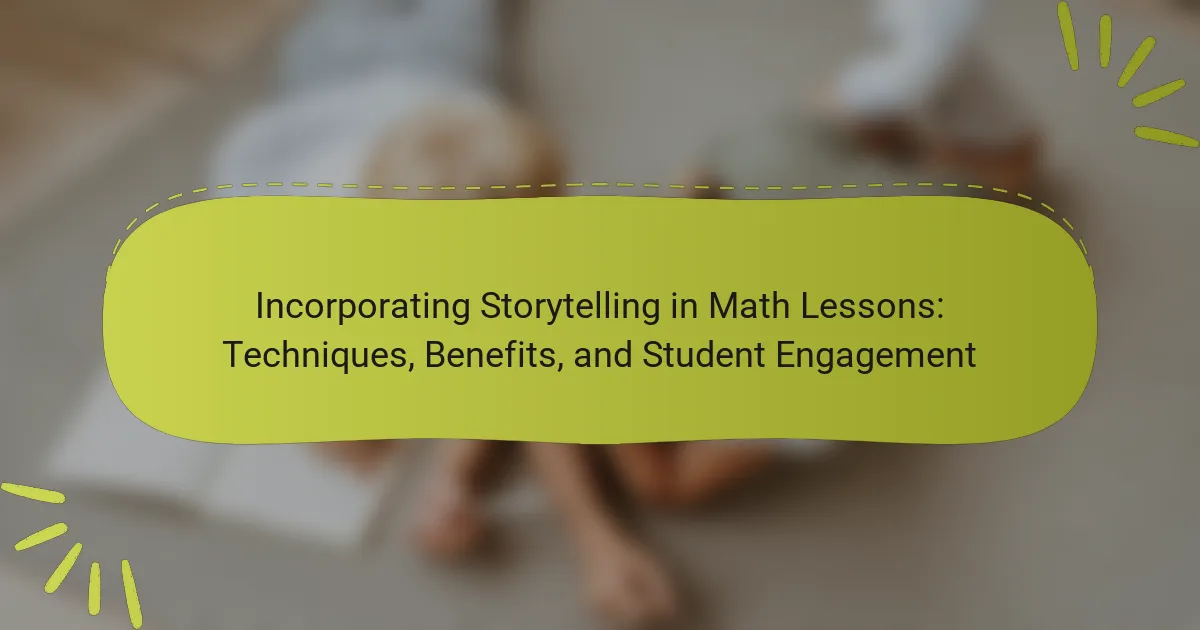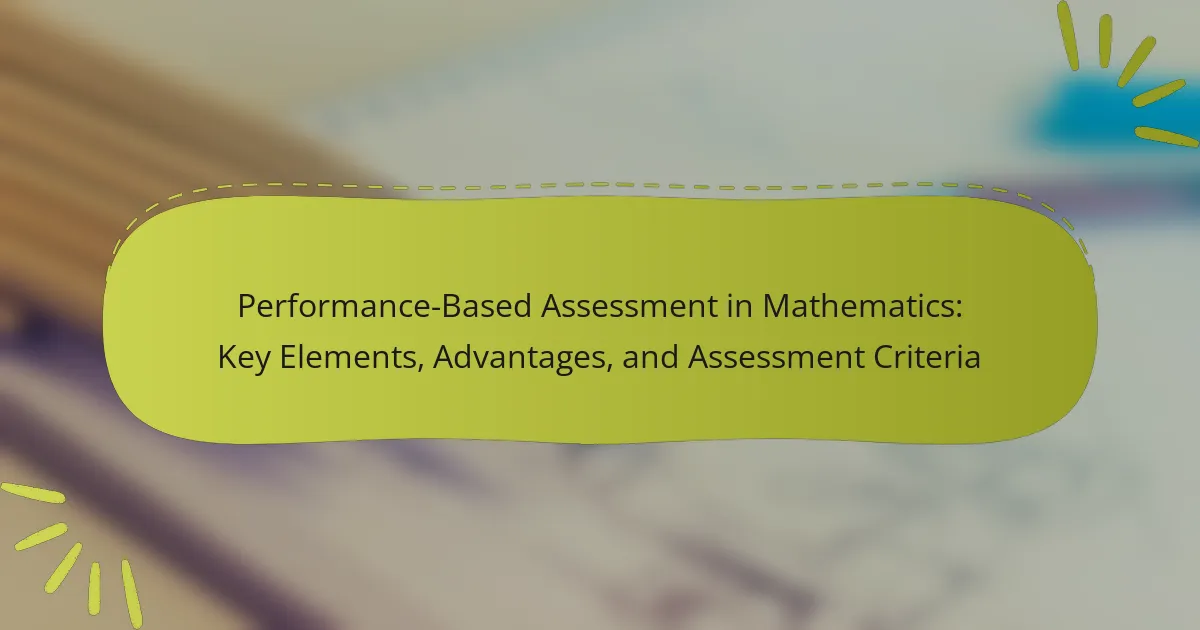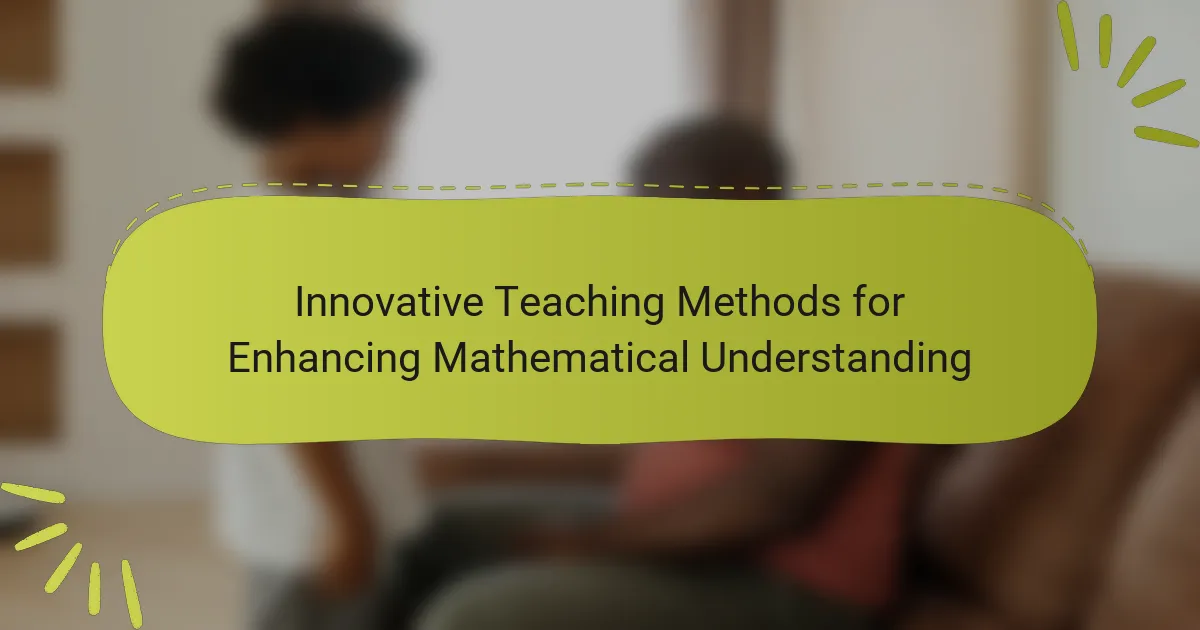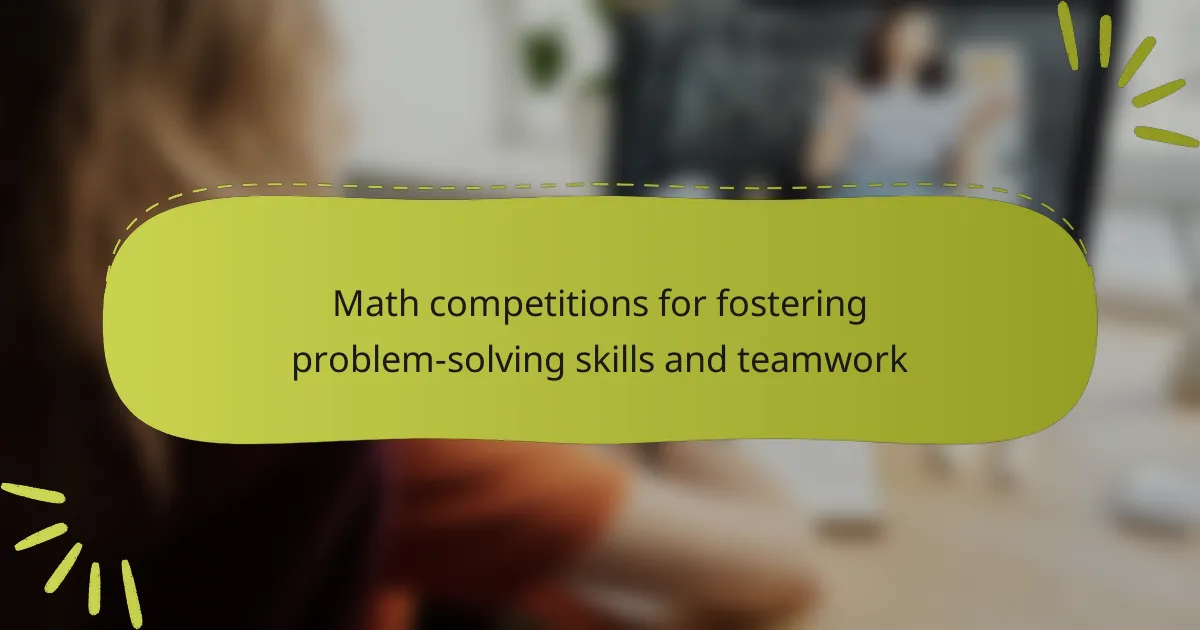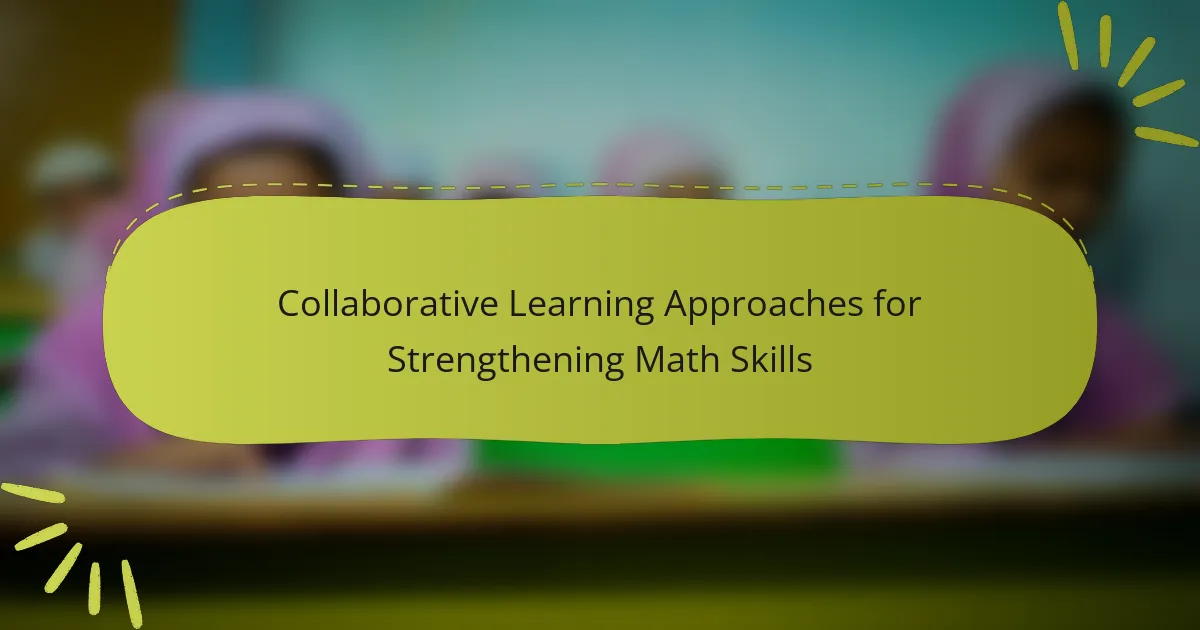
Collaborative Learning Approaches for Strengthening Math Skills
Collaborative learning approaches are educational strategies designed to enhance math skills through peer interaction and shared problem-solving. These methods include group discussions, peer tutoring, and project-based learning, which facilitate deeper understanding and retention of mathematical concepts. Research, including studies by Johnson & Johnson, demonstrates that students participating in collaborative learning achieve better academic results and…
